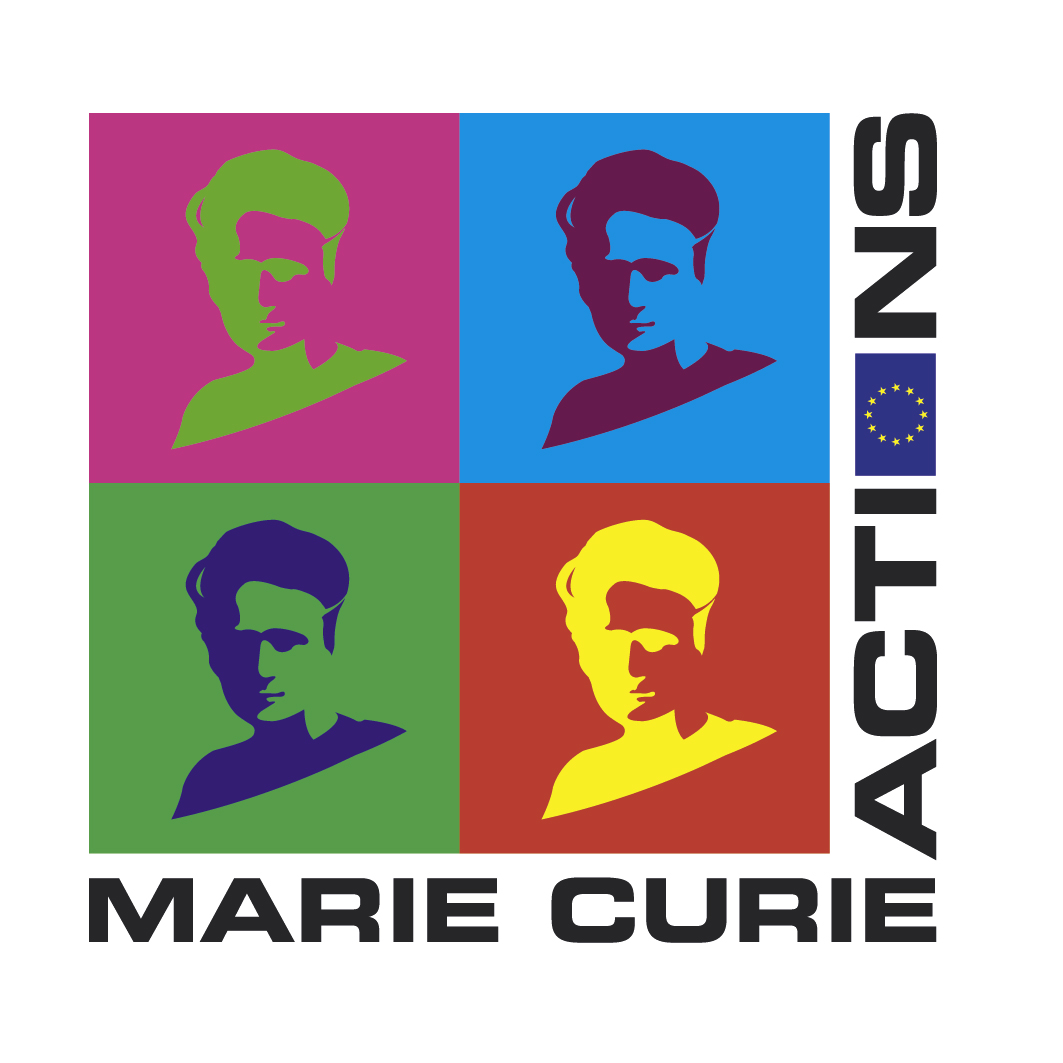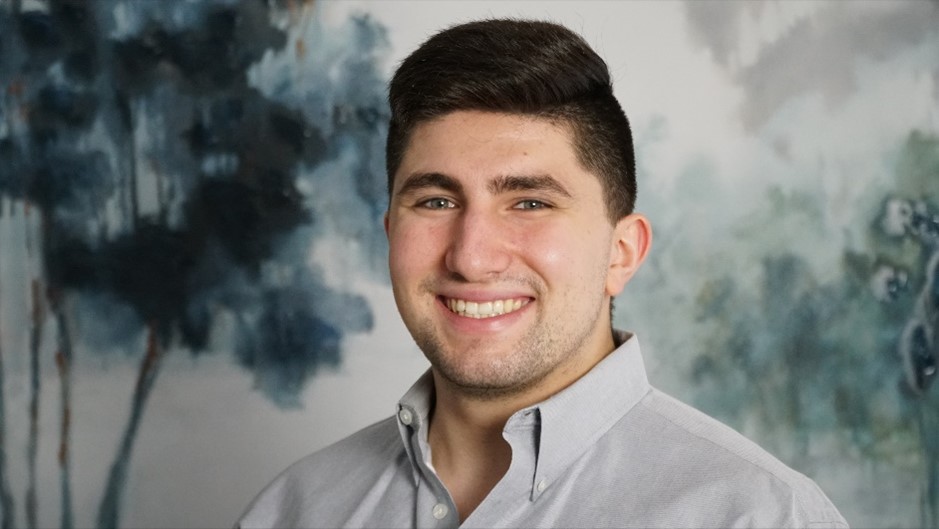Marie Skłodowska-Curie Actions - Postdoctoral Fellowships at HVL
The Marie Skłodowska-Curie Actions - Postdoctoral Fellowships provides young research talents who hold a PhD with the opportunity to conduct a 2-year research project.
MSCA-PF is part of Horizon Europe - Pillar 1 and is the European Union`s flagship programme that promotes excellent research and training, career development, and international and inter-sectoral mobility. At HVL, promising young research talents applying for MSCA-PF with HVL as the host organization receive comprehensive support from the Division of Research, Internationalization and Innovation (AFII), in collaboration with senior researchers at HVL who will supervise the incoming MSCA-PF candidates.
Recruitment of candidates (January-April)
AFII encourages HVL researchers to nominate promising young research talents from their networks by sending the CV of the candidate and a short project outline to AFII´s MSCA-PF support team.
If you are a young research talent from outside HVL/Norway you are welcome to study interesting research environments and contact the MSCA-PF support team at HVL to discuss possibilities for applying to MSCA-PF with HVL as the host.
The MSCA-PF support team evaluates the eligibility of the candidates together with their respective supervisors. Promising candidates are then invited to become part of HVL`s MSCA-PF support activities.
Online MSCA-PF Master Class (May/June)
AFII organizes an online MSCA-PF Master Class where invited candidates and their supervisors are introduced to the call and the application templates. The Master Class usually consists of two half-day sessions and is led by an external consultant who is specialized in the MSCA-PF programme.
Individual follow-up of invited candidates (June-September)
Research advisors from AFII help the candidates to draft their applications in close collaboration with the supervisors and schedule 2-3 individual follow-up meetings with the candidates. Between the meetings, the candidates are expected to continuously work on their applications.
After the project is granted
AFII guides the grant holders through Grant Agreement preparation, visa (if relevant), and employment contract.
Project implementation
Project economists and research advisors from AFII assist the fellow with reporting and administrative deliverables in the project.

Meet our MSCA-PF fellows

Some people laugh when I tell them I came to Bergen to work on a solar energy project, but it’s true!
Read more about Adam McElligott
Coming from Montreal, a city whose greater area has 4 million people, I was unsure of what Bergen would be like considering its much smaller population. However, what it loses in population, it makes up for in spirit, especially on the 17th of May! I can already tell I will enjoy my time here.
I came to Bergen to work with Prof. Boris Balakin’s group in the Department of Mechanical and Marine Engineering. Our project, ONESTEP (Optimized Nanofluids for Efficient Solar Thermal Energy Production), aims to understand the mechanisms behind photothermal boiling in nanofluids using novel acoustic and computed tomography techniques. Essentially, we are trying to understand how solar irradiation causes nanofluids to boil more efficiently than pure fluids at a fundamental level. This knowledge is “ONESTEP” towards improving the viability of nanofluid-based solar energy collectors, which are more effective than traditional ones in places that do not get a lot of sun.
I applied for the MSCA-PF grant because it is one of the greatest funding opportunities in the world. It is not only an incredible training opportunity but also a chance for personal growth, as it always requires moving somewhere new. Applying with HVL should be particularly appealing as they have an excellent masterclass and phenomenal support staff, without which my application may not have succeeded. Writing the application is very difficult and time-consuming, so I highly recommend starting about five months in advance. It will initially seem like there are too many details to consider, notably as the maximum length is quite short. This is where communicating with your future supervisor is important. Developing and understanding your project is the key to writing an impactful and concise proposal.
I am very excited about what this project will bring to HVL and look forward to my time here!
Links
For more information contact research advisor Fabian Bonitz
